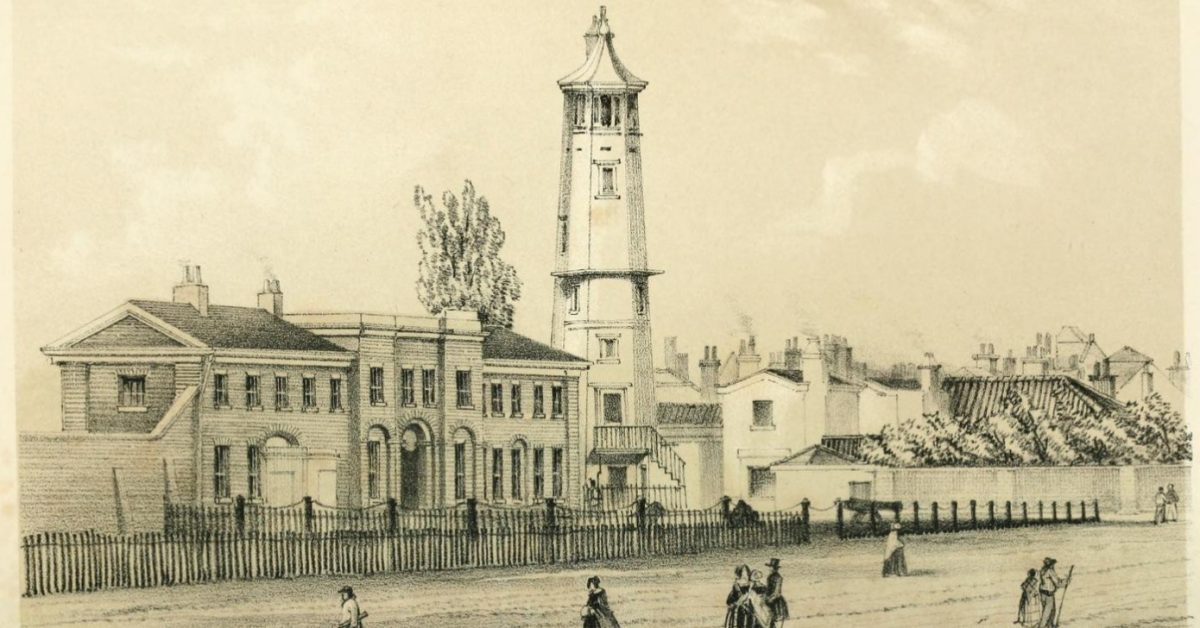From: 1851 A Season at Harwich by W.H.Lindsey – there is also discussion of the channel passing north of Landguard. See page 2061Lindsey, W. H. A Season at Harwich, with Excursions by Land and Water … London : Simpkin, Marshall, 1851. . Note: it is about 5nM from Walton to the Sands.
Miss Archer, having asked the probable extent of the Gunfleet Sands, the kind host furnished his attentive guests with a description of them, which, he observed, had been copied from the Essex Standard, of October 8th, 1841.
A Walk on the Gunfleet Sands.
It was on a delightful afternoon, last August , that we left the pleasant watering-place of "Walton-le-Soken, in a four-oared boat, for the fatal Gunfleet Sand. Our party consisted of seven, besides the boatmen; and the distance (about eight miles) was rowed in an hour and half. As we neared our destination (it being about half-ebb tide),a tract of the sand was seen rising, like a long mound, above the waves while to the right and left, nearly as far as the eye could reach, the dashing of the spray told the extent of this fearful bank. On approaching, we struck a -walking-stick to the bottom and were surprised to find it very hard: our boat immediately after ran up the side, and we jumped, without difficulty on the bank, now firm and dry.
The part of the sand from which the waters had retired, was about half a mile long and a quarter wide: some distance beyond, still surrounded by the waves, we observed the blackened timbers of several wrecks—melancholy memorials of the vessels' fate. The space on which we rambled was nearly level, with gentle undulations: and on one spot, slightly raised above the rest, we marked a deep groove in the sandheap, evidently caused by the keel of some vessel which had narrowly escaped the danger that threatened her. Some seabirds, which had been observed on the sand, fled as we approached; and nothing was now -visible to cheer the dreary monotony of the scene, but a few scattered shells, some of which we gathered; -while the car was greeted only by the rippling wave,as it unwillingly retired.
Frequently as we trod on some parts less dry than others, the faithless natuire of the sand was exhibited; the foot fell on a surface apparently as hard as the high road, but on lifting it, after a few seconds' pause, it left an agitated bed of water and sand, and by pressing the foot a little it soon sank beneath the surface: had the experiment been further tried the legs and body would have shortly followed. It is thus that large vessels are swallowed up; striking sometimes violently on the rocky surface, their weight, and the action caused by the waves sink them in the quicksand and they gradually disappear. The sun was low in the west when we were summoned to rejoin our party, who had already assembled at the landing-place, and after a rapid passage of an hour (during which a glorious sunset, succeeded by the pale moonlight, and that interesting phenomenon—a luminous sea, rendered the hour one of wonder and delight)we landed—just at that unaccommodating state of the tide when it becomes necessary' for ladies to ride ashore on the sailors' arms, and gentlemen ' pickaback' on the same sturdy conveyancers.
We were surprised to learn from our boatmen that, thronged as Walton has frequently been with visitors, and far and wide as the gloomy fame of the Gunfleet has reached, as the unsatiated grave of thousands of human beings and millions of property, they had never before taken a party to walk on the Gunfleet Sands.
Miss Archer acknowledged the kindness of the Doctor in giving such a lengthened and interesting quotation in answer to he enquiries; whilst he, to change the tenor of their conversation, made some reference to the Tour of England, so often quoted by Dale. "In this work," said the benevolent host, " will he find nd advice to persons wishing; to take a water excursion on our two fine rivers. 'You must, not' says the author, 'ask to be rowed up either the Stour or the Orwell, hut you must demand to be taken up either the Ipswich or Manning-tree rivers or waters, as the case may be.'- 1
